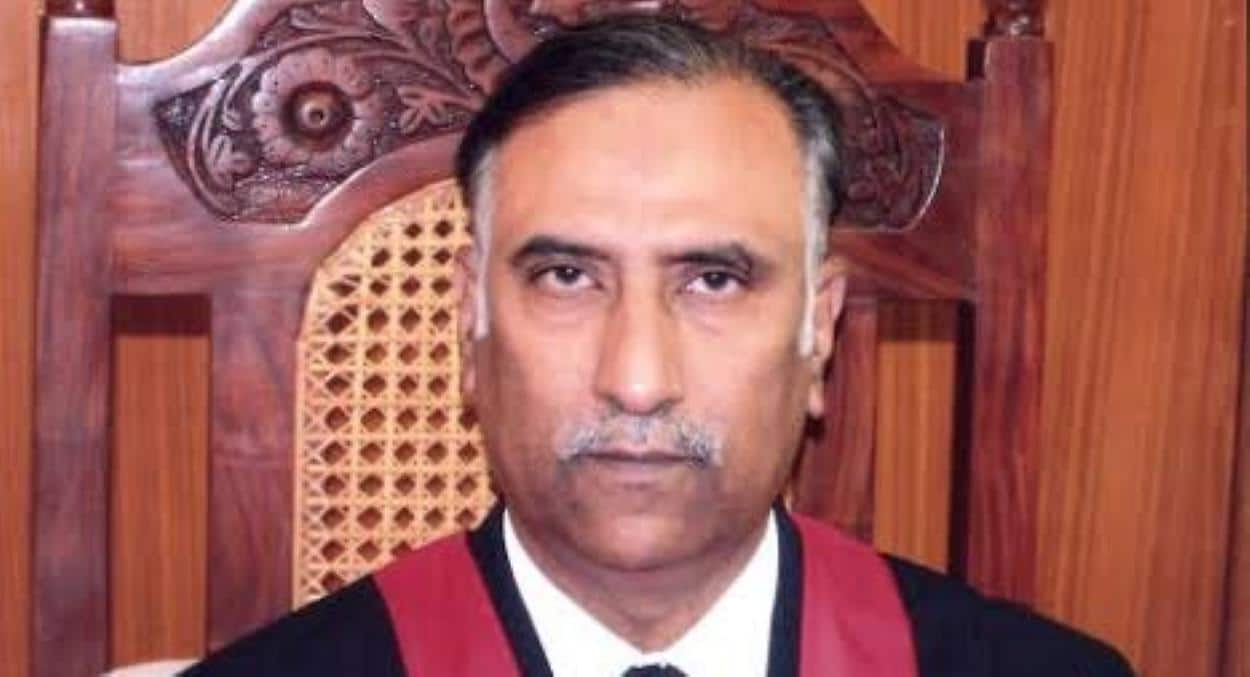The Islamabad High Court (IHC) has revised its duty roster for the week to include three newly transferred judges from different high courts.
The addition expands the IHC’s judicial capacity from ten to thirteen judges, now comprising thirteen single benches and six division benches. The roster also introduces a revised seniority list for the judges.
Chief Justice Amir Farooq has openly disagreed with five colleagues who expressed concerns through a written letter. The duty roster places Justice Sarfraz Dogar in the reserved bench number 2 for puisne judges, with Justice Mohsin Akhtar Kayani, previously head of bench 2, now leading bench No. 3. Justice Dogar ranks second among single benches, with Justice Mohsin following him.
Additionally, the duty roster ranks Justice Khadim Hussain Soomro of the Sindh High Court ninth and Justice Asif of the Balochistan High Court eleventh.
Amid these changes, a controversy has arisen. The former advocate general of Islamabad, Barrister Jahangir Jadoon, commented on Justice Sarfraz Dogar’s posting, suggesting it indicated a temporary appointment as a senior puisne judge. If Chief Justice Amir Farooq ascends to the Supreme Court, it may pave the way for him to become chief justice.
Simultaneously, legal communities from the federal capital are protesting the appointments. The Islamabad Bar Council (IBC), the Islamabad High Court Bar Association (IHCBA), and the Islamabad District Bar Association (IDBA) have collectively declared a strike and are boycotting court proceedings. They are challenging the notification of the three judges’ transfer. They are calling to postpone the Judicial Commission’s meeting set for February 10, intended to appoint Supreme Court judges.
These developments occur amid broader concerns about judicial independence and transparency in appointing and transferring judges. The bar associations argue that these transfers attack the judiciary’s independence and plan to resist what they view as external influences on the IHC.
This complex situation highlights ongoing debates about judicial governance and the balance between administrative decisions and maintaining the judiciary’s autonomy within Pakistan.






